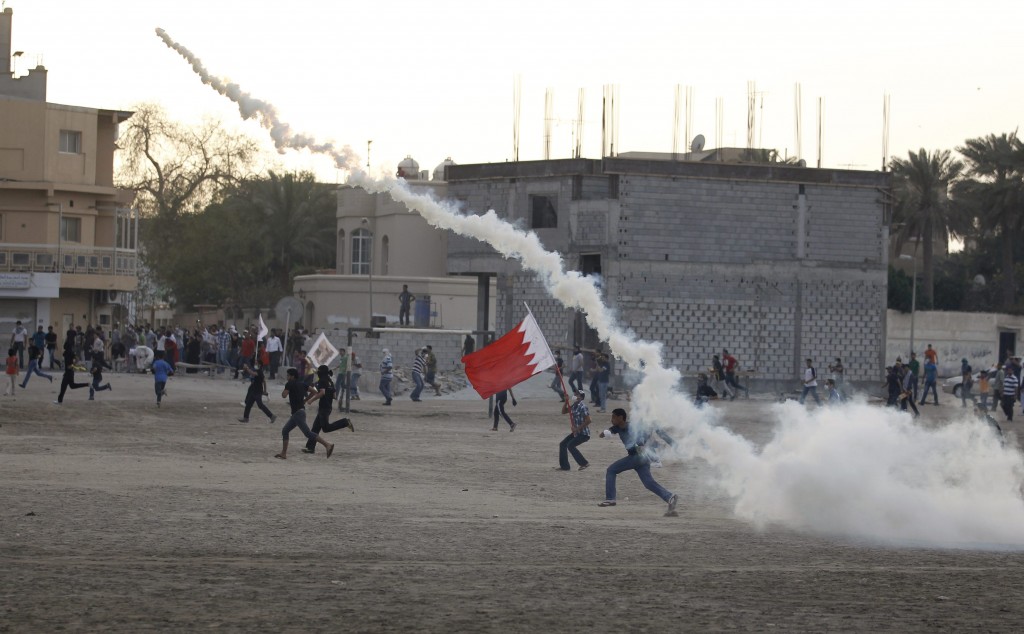
For one, the price drop will effectively provide a tax cut to American consumers, which will potentially stimulate the economy as a whole as well as benefit individual consumers. Also, the drop in price will put strain on the economies of Russia and Iran, which are already hurting from economic sanctions.
The move by the Saudis, according to some, is a carefully orchestrated plan to benefit diplomatically with the United States while also hurting their rivals in Iran and Russia. The relationship between Saudi Arabia and the United States has been somewhat stressed as of late due to the nuclear talks between the United States and Iran, a major rival to Saudi Arabia.
The Saudis would prefer to see the nuclear talks with Iran fail, however it is possible that the economic pressure on Iran from lower oil prices will encourage Tehran to be more agreeable at the talks in order to get relief from economic sanctions the country already faces.
There has been some speculation of direct collusion between the Saudis and the United States to cause the price of oil to drop as they did in the 1980s to put pressure on the Soviet Union. This does not appear to be the case this time, however, and the drop is not without consequences for the US economy. The drop in oil prices, in addition to hurting the Russian and Iranian economies, puts pressure on the American natural gas industry. The boom in natural gas in the United States has taken up a larger part of the global energy market in recent years and the Saudis intend to slow that growth with their influence on the oil market.
Image Source
Article Source

